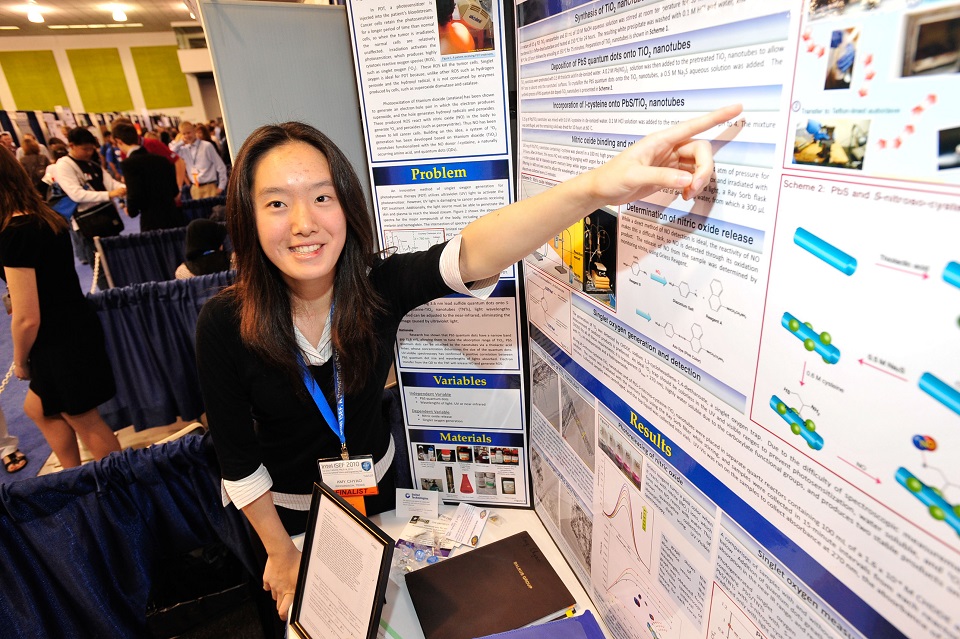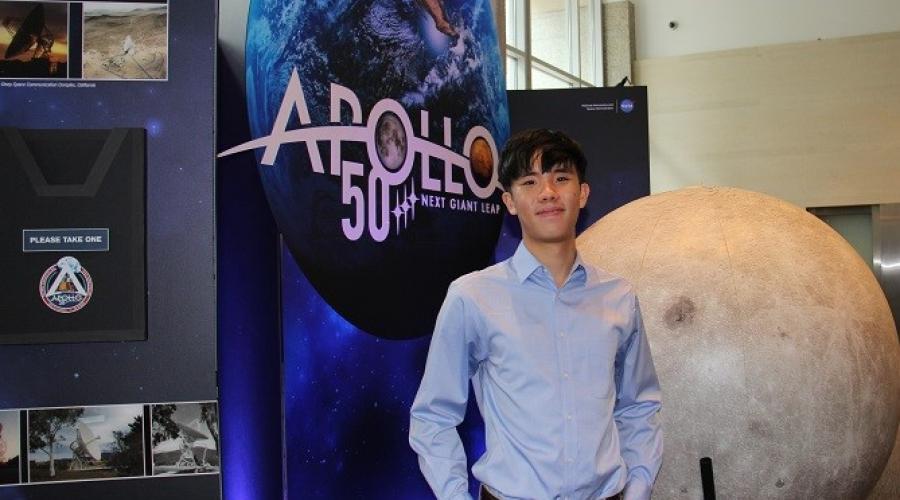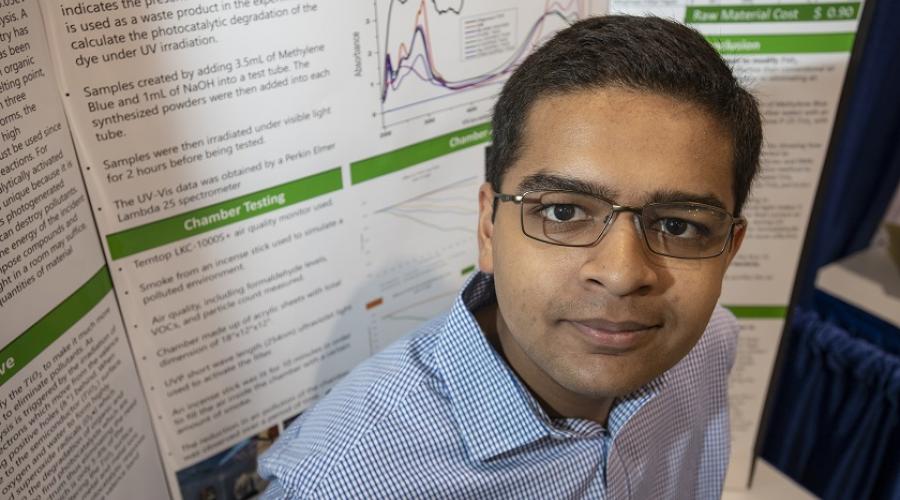Bill Glaunsinger Wants You to Volunteer for Intel ISEF 2013
William “Bill” Glaunsinger is serving (along with his wife, Lorna) as the Judging Chair for the Intel International Science and Engineering Fair (Intel ISEF) 2013 being held May 12-17 in Phoenix, Arizona. Below Bill talks about his experience as a Society for Science & the Public volunteer and the need to recruit more judges and volunteers for this event.
How long have you been serving as a volunteer for Society for Science & the Public?
In 2003, the Chairperson of the Local Arrangements Committee in Phoenix asked me to be a Judging Chair when the Intel ISEF came to Phoenix in 2005. The first Intel ISEF I attended was held in Cleveland in 2003. Once I had the chance to experience Intel ISEF, I was hooked. I was mostly impressed by the students’ enthusiasm and passion, and their projects were so much better than I had expected. It has always been a renewing and inspiring experience to attend this fair, and it is well worth volunteering a day and a half of your time.
What is your specific role?
I am currently serving as the Judging Chair with my wife, Lorna, for the 2013 Intel ISEF. This means I am responsible for recruiting 36 judging co-chairs, which is at least two for each of the 17 categories of competition. I then work with the co-chairs and other organizations on recruiting 1,000 to 1,200 volunteer Grand Awards judges. Having more than 1,000 judges attend would be a new record; however, in the past we’ve had a 10-15% dropout rate, so we need to over-recruit in order to have enough judges to conduct interviews for at least 1,500 student finalists.
What initially made you decide to start and continue volunteering for SSP?
As I mentioned, the Intel ISEF in Cleveland was really what piqued my interest. Over the past decade, my role has evolved. I’ve been involved every year in some capacity, and I’m also currently the Vice Chair of the Judge Advisory Committee, whose role is to assess and make improvements in the judging process for each Intel ISEF. This year, we have helped develop new online training and recruitment videos for judges. In addition, we are working with SSP to provide judges with their student interview schedule when they sign in at registration, so they can preview projects they have been assigned and better prepare to interview the student finalists.
We encourage judges to take the time to preview projects because many of the student projects are so sophisticated. It takes a while for judges to prepare for the interviews and come up with questions that they are both interested in and that assist them in determining scores. Scores are then analyzed using a statistical display to help organize large amounts of information. This saves time and allows in depth discussions of projects. We are also in the process of revising descriptions for the project categories/sub-categories and recently completed a revision of the judging criteria that better correlates with the differences between engineering and science projects. The Intel ISEF standards are not only for this fair, but are also often adopted by affiliated fairs around the world.
Why is participating in Intel ISEF or other hands-on research important for students?
Often, the qualifying process for Intel ISEF is the first time students have performed a detailed science or engineering project largely on their own. While they frequently do their work at a lab or have a mentor(s) to bounce ideas off of, the projects that win awards have to be student-led. This is a very important formative stage in the participants’ careers. Students are seriously thinking about their future, and competing at Intel ISEF can make a real difference in their education and career decisions. That’s why it’s so important that we do the best job we can to evaluate the quality of student projects. Many students have told me that the most valuable part of their Intel ISEF experience was the opportunity to discuss their projects and be evaluated by judges who are experts in their fields.
Why is having volunteer judges for Intel ISEF vitally important?
The more interviews that each student participates in, the better the decision-making process. Each interview ensures more quality data in the system. There are 19 timeslots for interviews at Intel ISEF and we would like each student to have between 8 and 10 professional judging interviews. This may be the first time students explain projects to people specifically knowledgeable in their field of interest. In order for this to occur, we need at least 1,000 judges.
After the initial interviews, scores are analyzed statistically and judges then hold a caucus discussion. There is an opportunity to re-interview students if needed, and judges must come to a consensus about the best projects. Judges select 1st-4th place award winners in all 17 categories, plus a Best of Category award for each category.
This year, we are specifically trying to recruit judges in the categories of microbiology, plant sciences, and animal sciences; all of which are traditionally hard for us to fill. In addition, we are increasing our recruitment via social networks in hopes of diversifying the judging pool. We want judges at all stages in their careers. Younger judges in particular are always popular with the student finalists and often easier for them to relate to.
Judges must be available and on-site at the Phoenix Convention Center on Tuesday afternoon, May 14 and all day Wednesday, May 15. Apply here to be a Grand Award judge. SSP is also seeking interpreters and general volunteers (no scientific background required) to assist at Intel ISEF. Contact us at volunteer@ssp.org for additional information.


